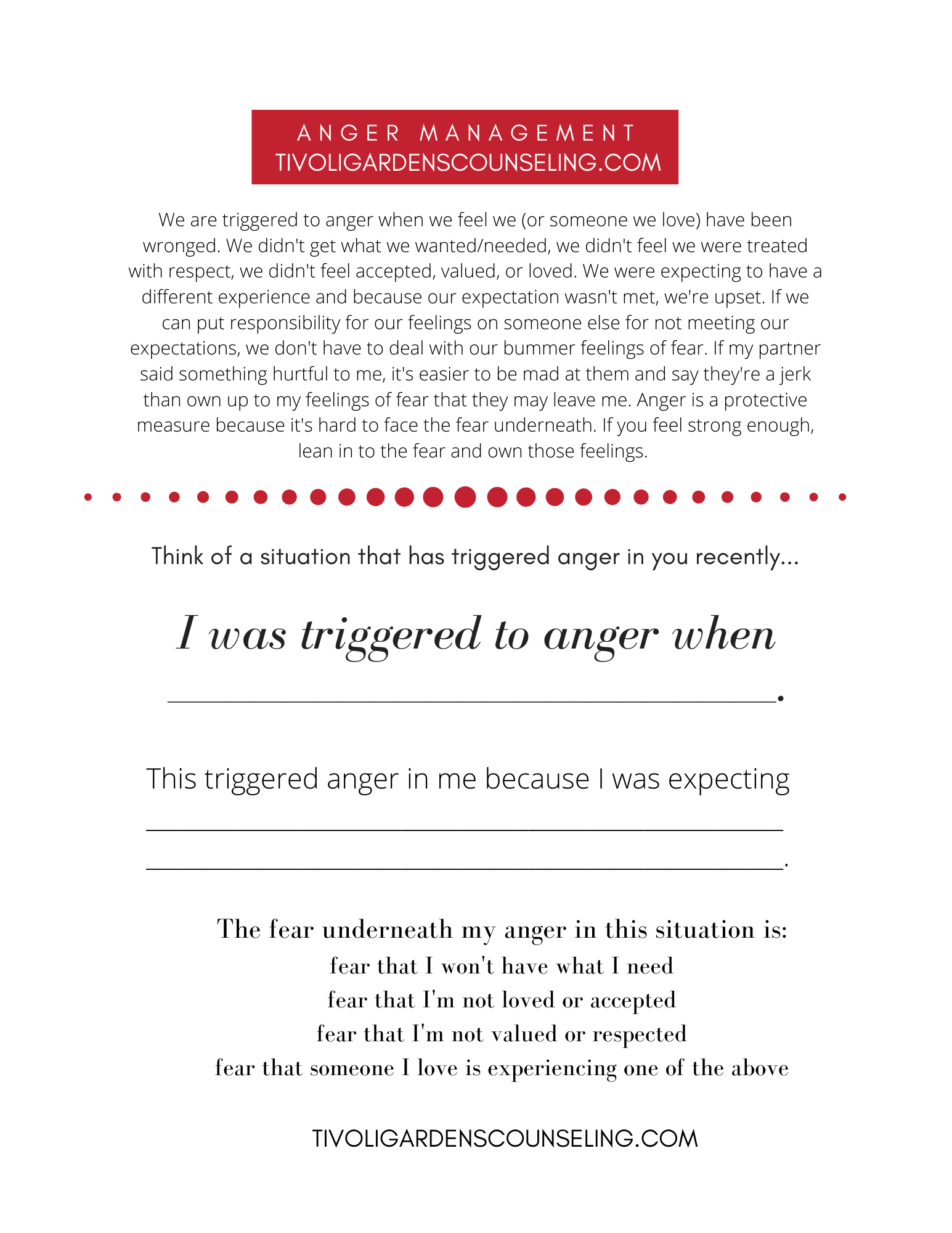What is imposter syndrome?
Have you ever taken on a new role that felt beyond your skill set? Maybe it was a new role in your family (stepping into parenthood or becoming a caretaker for an elderly parent) or a new role at work (getting a promotion, changing jobs, starting your own business). If you felt like you weren’t good enough to fulfill this new role you were given, you experienced imposter syndrome. Imposter syndrome is when we doubt our skills and abilities and feel undeserving of the roles we have. We fear that others will find out how inadequate we are and we often can feel lots of anxiety as a result.
Who struggles with imposter syndrome?
Not everybody struggles with imposter syndrome, but I’ll tell you a little secret about those who do… those people are the ones doing risky things. They’re trying things that feel a little scary and they’re putting themselves out there for potential rejection or failure. They’re taking a step out of their comfort zone and into their growth zone. They’re choosing to not be stagnant because they know there’s a lot to learn and they want to learn so they can be better.
What does it mean if I struggle with imposter syndrome?
You are taking a risk
If you struggle with imposter syndrome, I’d like to take a second to congratulate you for doing something that feels scary. You don’t feel like a fraud when you’re doing something you’re good at or something you’ve done a million times before. You feel like a fraud when you’re doing something new and difficult. So good on you for stepping up to the plate and trying something new and difficult.
You are learning
You feel like a fraud because you know you don’t know everything. But neither does anybody else! It’s easy to feel inadequate when you think about all the growth/learning that lies ahead, but don’t forget about the growth/learning that you’ve already been through to get where you are today!
You are comparing
It’s easy to feel inadequate when you compare yourself to people who have experience in the role you’re in. Of course you’re going to feel like you’re terrible at your new job when you compare your work to the work of your coworker who’s been doing the job for three decades. You can’t compare apples to oranges.
What can I do to combat imposter syndrome?
Acknowledge your strength
Congratulate yourself for stepping up to the challenge and doing something hard. Remind yourself of the strength it takes to step out of your comfort zone. Make a list of all the other strengths you have that equip you for your role. Give yourself credit for the things you’re good at. Acknowledge all the learning you’ve done to get you where you are today (school, reading, classes, inner work, etc.).
Compare yourself fairly
If you are going to compare yourself, compare yourself fairly. Compare yourself to the community at large. I bet if you’re a new mother, you know a lot more about motherhood than I do because I’ve never had a child. I bet if you’re a lawyer, you know a lot more about law than I’ll ever know because I’ve never been to law school. Even if you feel like you’re the worst at whatever you’re doing, remember that you probably have a lot more skills and experience to handle what you’ve got in front of you than the average person. There is a reason you’re in the position you’re in and you can’t forget that!
Talk it out
If you talk to other people who have been where you’re at today, they almost certainly felt the same way you do right now. Imposter syndrome is super normal and most people feel it at some point when they’re trying new things that are hard. Voice your doubt and insecurity to friends, family members, or mentors you can trust. They’ll most likely tell you they felt the same way you did when they were starting out. It’s normal. Nobody expects you to be perfect or to know everything when you’re starting out, so stop expecting that of yourself. Give yourself some grace.
Imposter syndrome can be extra difficult for people struggling with anxiety or those who have tendencies towards perfectionism. If you need extra help dealing with any of these things, schedule a counseling appointment today.

